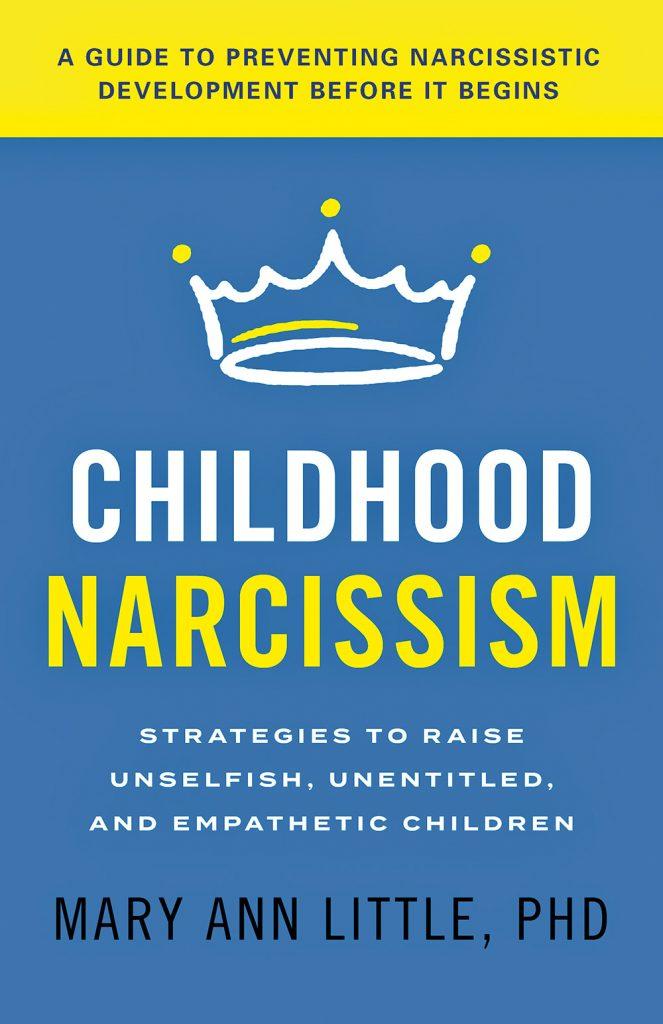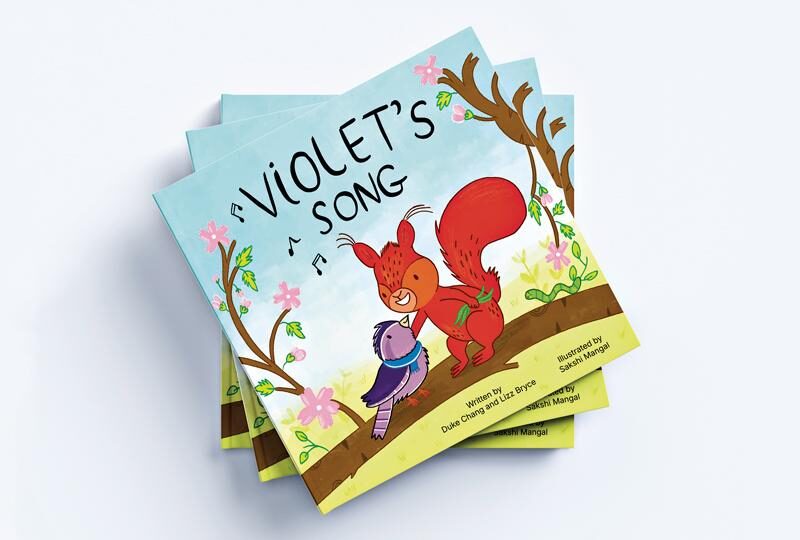
Dr. Little’s New Book Helps Parents Understand Narcissism in Children
Narcissism is an increasingly common pathological disorder characterized by selfishness, entitlement, lack of empathy, self-centredness, and a sense of superiority. While it is most commonly associated with adults, narcissism often starts in childhood. Because a narcissistic personality disorder cannot be diagnosed until after a person turns 18 years of age, it generally isn’t recognized in children. Most people don’t realize that there are internal structures within children that are developing as they grow. These structures are influenced by their external environment and upbringing.
Narcissism in children is often seen as a positive thing because they exhibit exceptionalism. Many narcissistic children are highly talented in activities like sports or music. They are attractive, socially popular and excel academically. While these are admirable traits, if children are not taught self-regulation, empathy, how to handle loss, and healthy relationships, they can grow into full blown narcissistic adults.
If children show signs of developing a narcissistic personality disorder, their parents often feel discouraged and overwhelmed. They often fear they have done something wrong. Until now, there has been no resources or literature available to help parents understand how certain parenting styles and structures within the child contribute to the development of a full blown disorder or what can be done to help reverse the effects earilier.
Adding to the challenges parents face, increased cultural and societal messages promote and glorify narcissistic traits. It’s difficult for parents to insulate their children from these negative messages so children are growing up with them.

Dr. Mary Ann Little’s new book Childhood Narcissism: Strategies to Raise Selfish, Unentitled, and Empathetic Children discusses childhood narcissism in great detail. It uses real examples and well researched information to identify and define the different types of narissists and the characteristics associated with each type. Her book also discusses several common parenting styles and provides valuable tips and practical advice for parents and educators to help reduce the risk of children growing up to be narcissistic adults.
Childhood Narcissism: Strategies to Raise Selfish, Unentitled, and Empathetic Children is a first of its kind. As a clinical psychologist with over 40 years’ experience, Dr. Little has been studying narcissism for most of her career.
While we all need healthy levels of narcissism, her book helps parents identify unhealthy levels while addressing different patterns and societal beliefs that contribute to the development of a full blown disorder.
Childhood Narcissism: Strategies to Raise Selfish, Unentitled, and Empathetic Children was written to help parents feel less overwhelmed and provide them with the knowledge and tools so kids develop into well rounded, healthy, and empathetic adults. She discusses moderation parenting as the best parenting style to prevent narcissism from developing in children.
The book not only provides valuable information to help raise healthy children, it also provides valuable information on what can be done if a child shows signs of growing into a narcissistic adult so the effects can be reversed.
Along with a successful private practice, Dr. Little has been a consultant for several educational and psychiatric facilities. She has written several articles and frequently lectures to public and professional audiences. She is also an adjunct professor at the University of Texas Southwestern Medical Center at Dallas and the author of Loving Your Children Better: Matching Parenting Styles to the Age and Stage of Your Children and the Competent Kids Series.
Childhood Narcissism: Strategies to Raise Selfish, Unentitled, and Empathetic Children is currently available for pre-order at Amazon, Barnes and Noble, and IndieBound. More information about childhood narcissism can be found on her website drmaryannlittle.com





